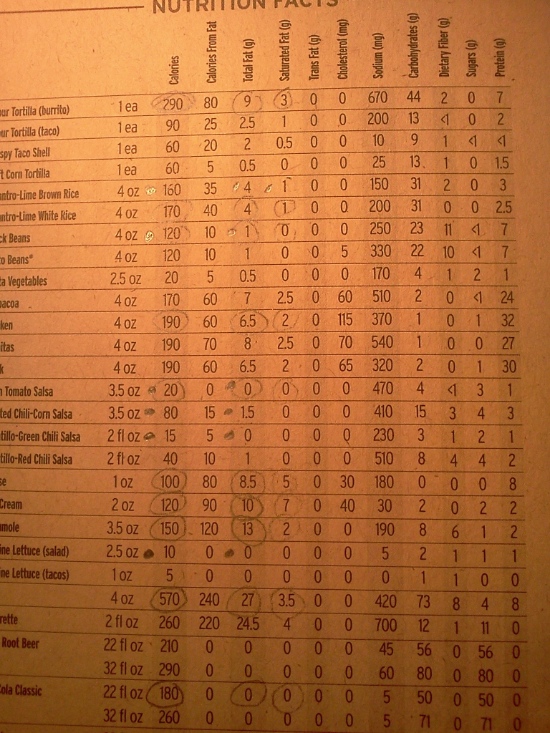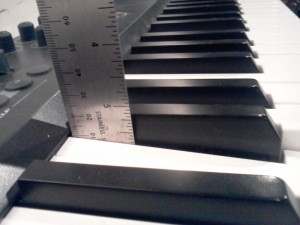I recently was at a rehearsal, and one of the charts had the tempo marked as “not too fast.” When recording some piano parts, I was thinking “don’t rush.” These moments got me thinking about how trying not to do things is less successful than trying to do things.









